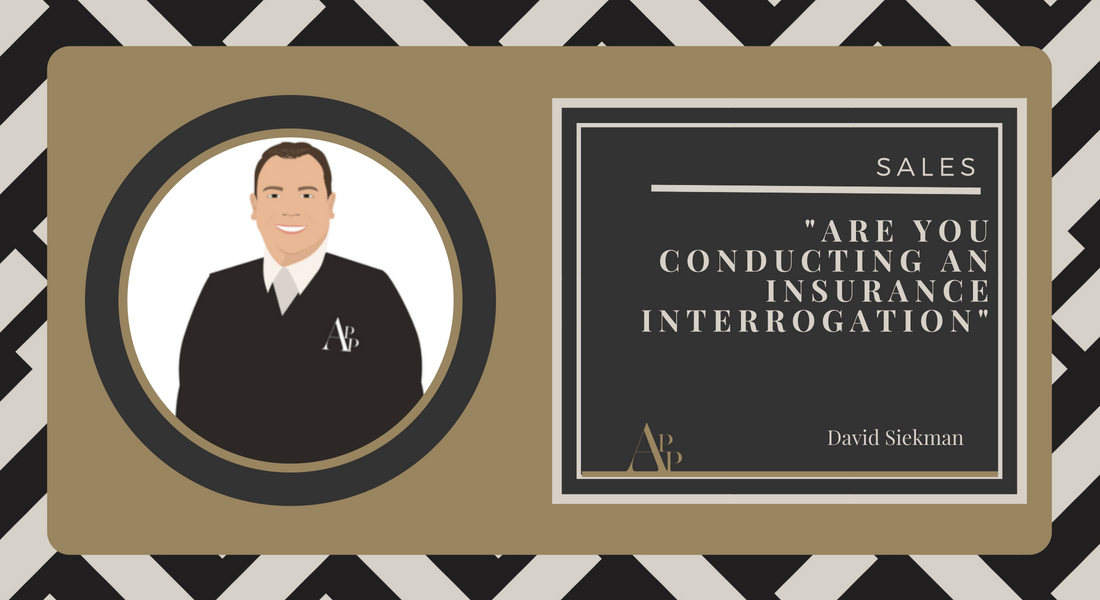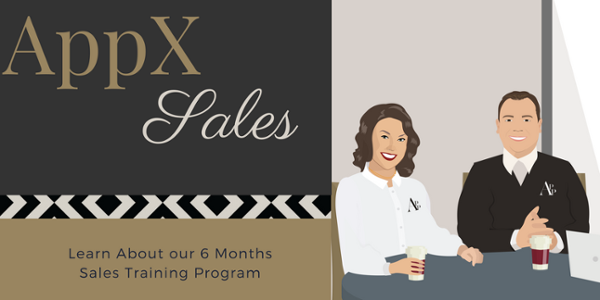I’m going to let you all in on the worst kept secret in our industry. Most people do not like to deal with insurance! I do not say that to be negative. While I wish that there were more that saw the value of insurance, even those that understand its purpose and value really don’t want to deal with it. On the other end of the spectrum are those that don’t really even understand the value. You can be sure it is the last thing with which they want to have to deal with.
There are two major reasons why this is the case. First, there are those people that do not see the value of insurance. This can be because they have never had to use it or perhaps they had a claim denied that they didn’t understand. For these people, it is hard for them to understand why they are spending all their money on a product they don’t understand. There is more than a bit of irony to the fact that you are spending money on a product that in the best case scenario you never have to use.
The other reason that people don’t want to deal with their insurance is because it is boring. While I am not going to spend my life trying to convince people of the dramatic intricacies of the insurance policy (let’s face it, a drama based on an insurance agency wouldn’t really compete with Law and Order), the product isn’t as boring as people make it out to be but it is complex and hard to understand. With 240 characters being some people’s maximum capacity for a piece of information, no one is going to see value in a 50 page policy.
You may be asking yourself, “What does this have to do with selling insurance?” Well, here’s the thing: until we recognize that people don’t want to deal with their insurance, we can’t start to think about other ways that we may need to approach prospects and clients in a way that will actually engage them in the process. Again, I don’t expect them to enjoy talking about insurance as much as they do their favorite sports team and I don’t expect them to be as excited about getting an insurance policy as a pizza, but if we can engage them a little, we may win them right at that point. To be honest, the bar is set pretty low in this area. It really shouldn’t be that hard to achieve.
One of the biggest issues that I see when starting to work with agencies on their sales process is the Insurance Interrogation. You all have heard this and probably done it yourself. This is the part of the conversation that occurs immediately when we hear which product the prospect is interested in purchasing.
Prospect: “I’m buying a new home.”
Agent: “Oh really? What year was it built? How many square feet is it? When was the roof last updated and how many amps in the box? When is your closing date?”
OR
Prospect: “I’m getting a new car!”
Agent: “Do you have the VIN number?”
OR
Prospect: “I’m looking to insure a new business venture.”
Agent: “Well, how long have you been doing that? Have you ever owned a business before? What do you expect in new business sales in your first 12 months?”
And typically calls get even worse because we have 30-50 similar type questions that we have to have answered to determine underwriting eligibility, markets, coverage, product, pricing, etc. The issue is that when we start with these questions, we are performing an Insurance Interrogation. You may as well put them under a hot lamp and withhold water until the questions are completed.
I certainly empathize with the agent. We do need all of this information and the questions are not written in a way that helps us have an actual conversation to get the information. But this is the golden ticket to the sale. If we can get this information in a more conversational way and avoid the Insurance Interrogation, we have the upperhand against the competition. Again, the bar is set so low that if we can build some rapport while getting the information, our competition won’t have a chance.
You won’t be able to avoid every stale question but if you can gather some answers in a more conversational way, then asking the more stale questions doesn’t wear the prospect down as much.
For example:
Prospect: “I’m buying a new home.”
Agent: “Wow, congratulations!
Are you new to the area? (This helps establish if they have an agent; it can also help when you go to cross-sell the auto)
What style house is it? (You can build rapport off of this by discussing the type of house)”
OR
Prospect: “I’m getting a new car!”
Agent: “That’s great!
What kind of car is it? (Your response could be how you like that type of car, had one, had a friend that had one, or always wanted one. Obviously this also gets you the make and model of the car.)
Are you buying it new? (Your response could be how you can get great deals on used cars or how great it is to buy one new. This will also help establish what the steps will need to be for getting the car registered as you’ll know if it’s a private sale, new dealer or used dealer sale)”
OR
Prospect: “I’m looking to insure a new business venture.”
Agent: “That’s amazing!
What will your business be doing? (Helps establish the industry)
Is this something you’ve been interested in for awhile? (Helps establish history)”
This can extend beyond the initial discussion. For example, if you hear a dog barking in the background, you can ask what type of dog they have. This is not only a great discussion but also helps answer an underwriting question. If you hear kids in the background and then find out they have a pool, you can highlight the importance of having an umbrella policy. As long as you are having a good conversation with a prospect, you will start to learn a lot of the information that you will need for many different reasons.
One last suggestion is to avoid asking questions that you can find elsewhere. For example, look up the house on Zillow before asking questions. Tell the client you’ve pulled up the home on Zillow and ask them if you can verify the information. It isn’t about avoiding gathering accurate information; it is about doing it in a more unique and (frankly) better way.
The values to avoiding the Insurance Interrogation are endless. Mostly it sets us apart. It allows us to build rapport and trust and show expertise. It makes us human while also allowing the process to proceed as needed and usually at a quicker pace. Most people buy from people they like. And many make up their mind if they are going to buy within the first minutes (if not seconds) of the discussion. Avoiding the Insurance Interrogation is just one step in the sales process that we present during our AppX Sales program. Our goal is to make the experience pleasant so that the prospect wants to buy from us before we even present the quote!





